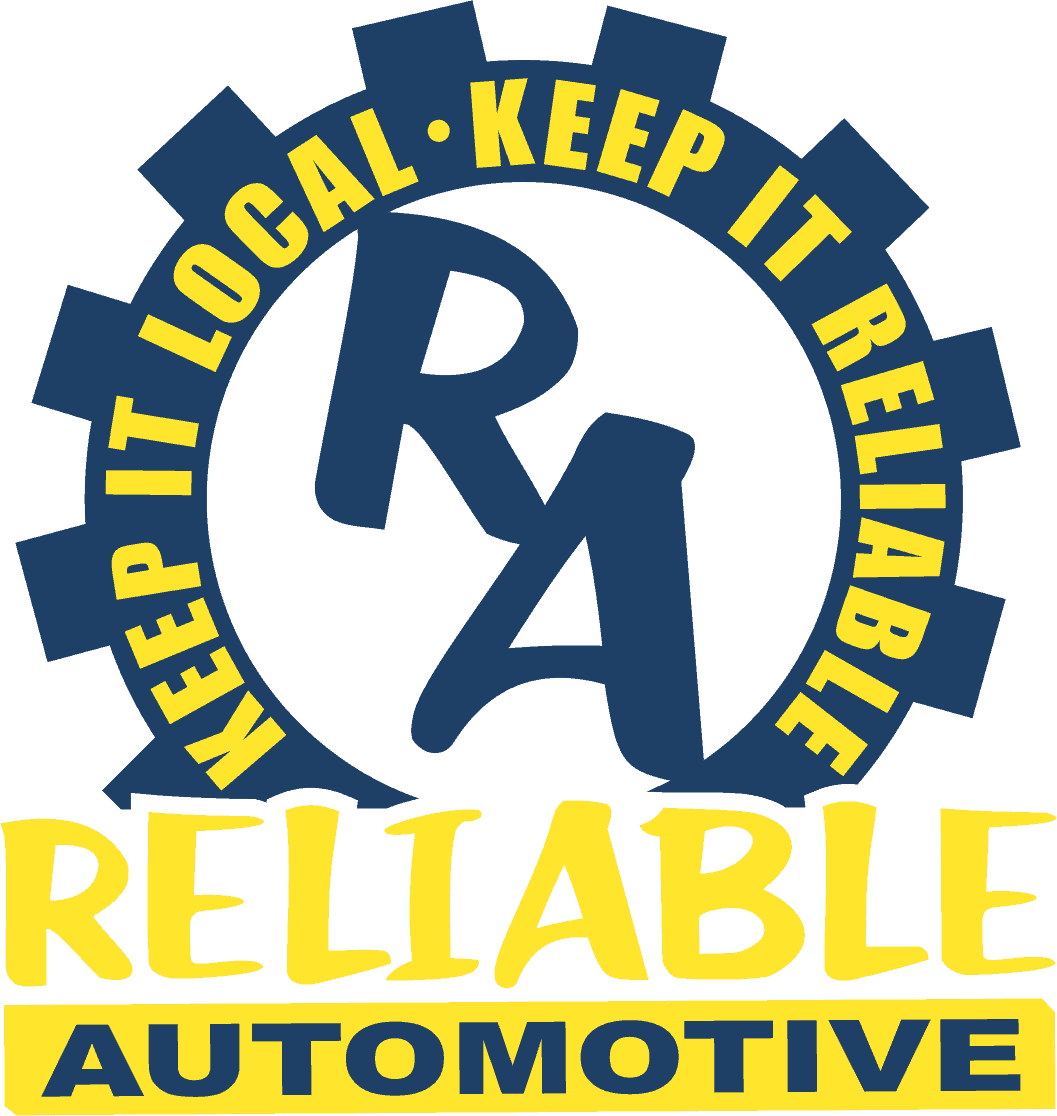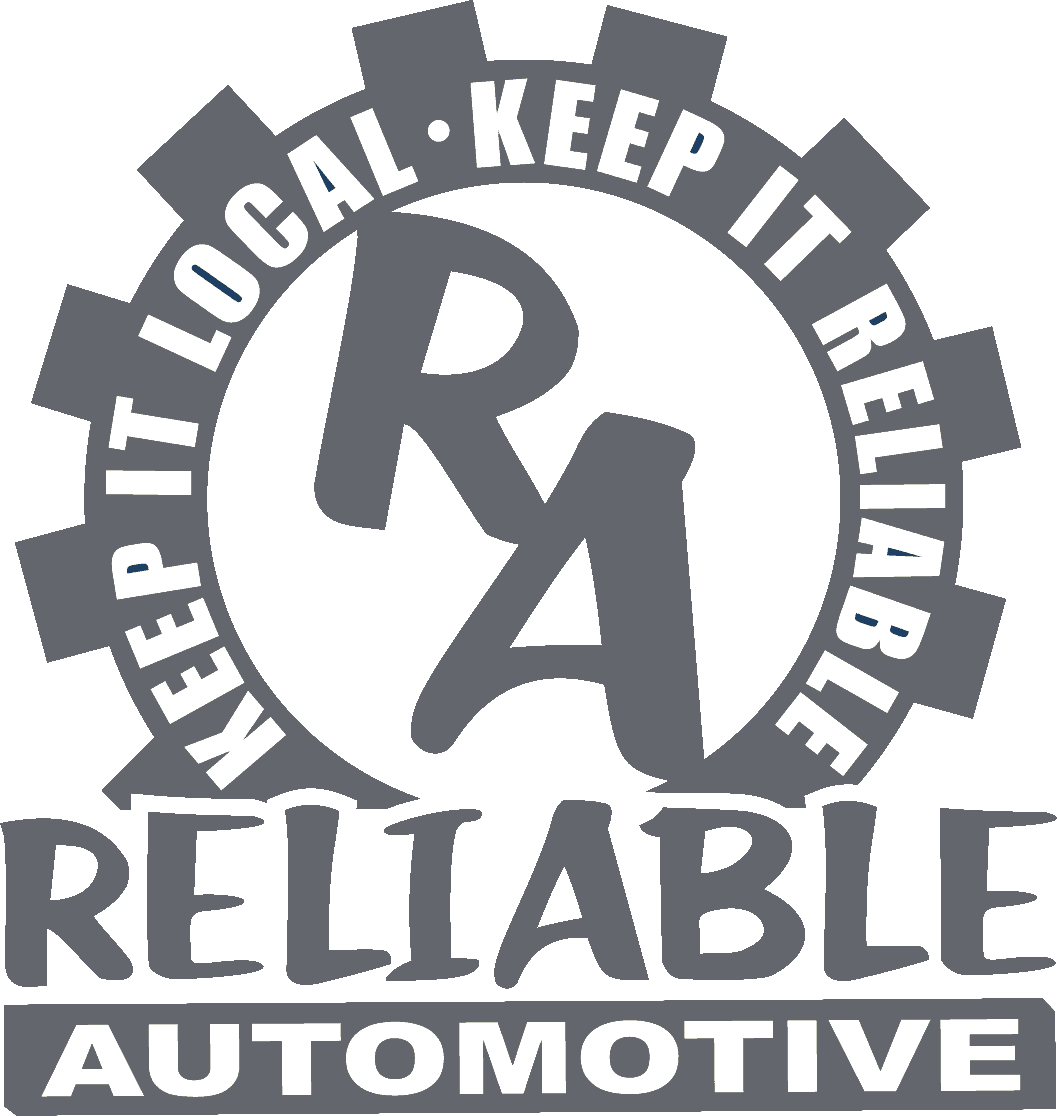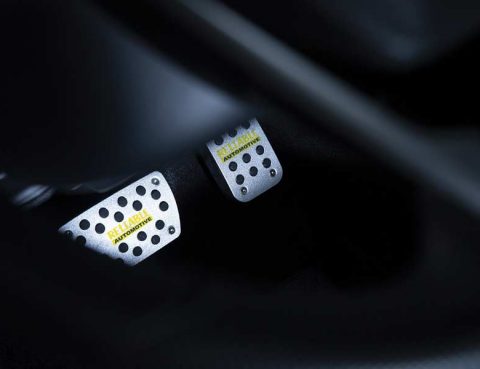
Your brake pedal may signal that something is wrong with a car’s brakes. Usually, a brake pedal will feel soft and firm when pressed down upon. When a pedal begins to feel rigid and hard to press down, there may be something wrong. It’s a scary feeling knowing the brakes are difficult to use, but…
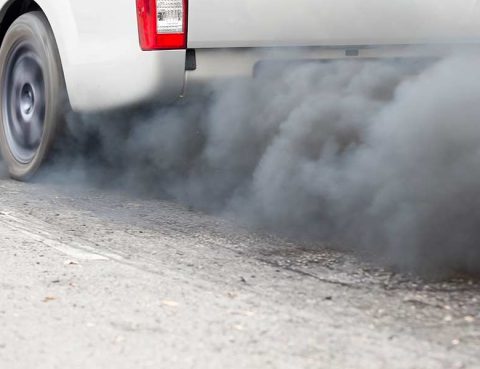
Diesel offers excellent mileage, and with costs falling across the board, they’re often a more affordable option. The added power is an attractive bonus as well. As with any vehicle, a diesel engine needs to be correctly maintained to avoid ruining the whole machine. This maintenance can be an intimidating prospect for motorists who encounter…
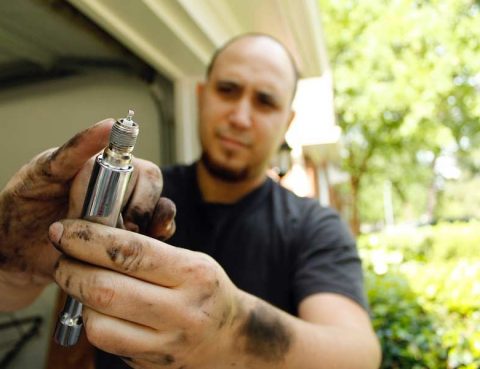
Motor vehicles are a convenient, luxurious way of getting from place to place. Vehicles carry out this function by way of an engine. The engine converts heat energy into mechanical work, which pushes the wheels into motion. But how precisely does this happen, and what parts do this job? Engines are comprised of pistons that…
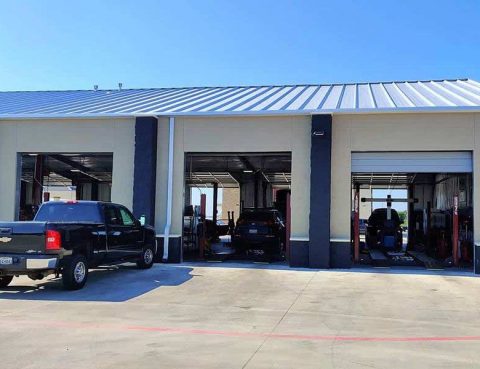
Your vehicle is one of the most important assets you own. It gets you from place to place and provides you a method of private transportation. That’s why it’s important to keep your vehicle running at optimum performance and to understand when to take it to a repair shop. You never want to be going…

A car, truck or SUV is one of the most valuable possessions you have, so it’s best to understand the optimal way to take care of it. When the weather gets nasty and cold, it can cause havoc on your vehicle, and damage can easily happen. Sometimes this damage is so severe it will cost…
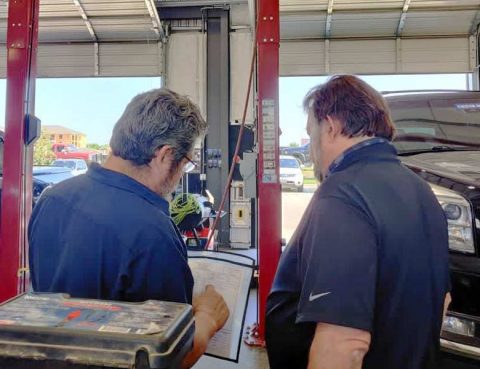
It can be frustrating to have to deal with vehicle repair work. It’s inevitable, however. Cars aren’t flawless. They inevitably encounter problems. The best motorists can do is try to spot vehicle troubles as soon as they pop up. If you’re dealing with a particularly extensive vehicle problem, it may help you to get a…
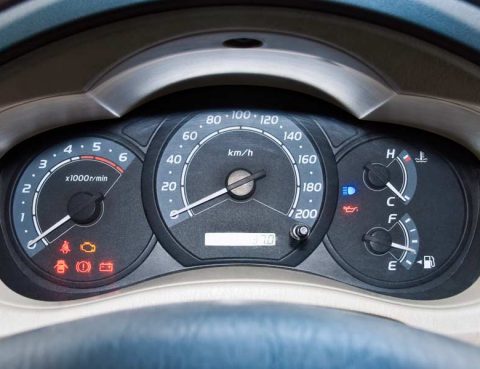
Knowing the dashboard symbols in your vehicle and understanding when it’s urgent to respond to them can save you a whole lot of money in the long run. It can also be a matter of life and death—a worn out or low-pressure tire can cause you to run off the road, or a blown engine…
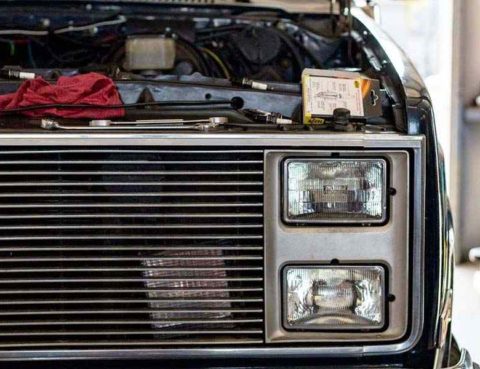
Owning a vehicle can mean independence in the ability to get around when and where you want. It’s also essential for getting to and from your place of employment, or for family outings and entertainment. Vehicle ownership also means that you need to stay on top of of vital maintenance and be aware of any…
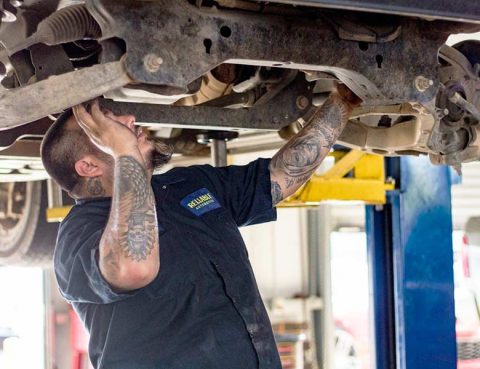
The suspension system of your vehicle gives you a smooth riding experience when you are on the road. The design of the suspension system varies from one vehicle to another, depending on make and model. What all suspension systems have in common is that their parts are based on the principles of spring and damping…
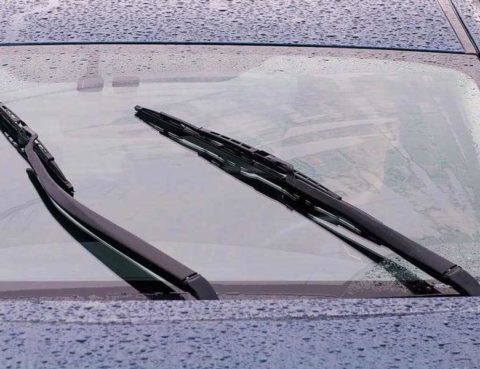
Windshield wipers might seem like an insignificant aspect of your vehicle, but they play a crucial role in your safety and your car’s drivability. Mainly, your windshield wipers will directly affect your visibility which is one of the most essential factors in safe driving. Odds are, if your windshield wipers are not performing properly, you…
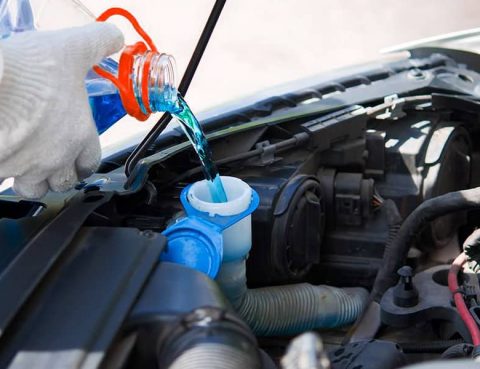
Your car needs regular maintenance or it will fall apart. Just like yourself, you need to take it for regular check ups to make sure it is running smoothly. Your vehicle has the ability to last you decades, but to achieve, it is important that you keep it in great shape. A great place to…
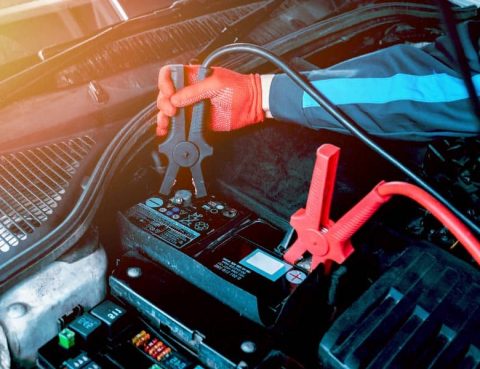
If you own or regularly drive a vehicle, there are a handful of skills, besides safe driving, that you will want to have. Anything can happen on the road, and even the most modern vehicles can malfunction unexpectedly. While having a mechanic that you trust is an important aspect of good car ownership, sometimes these…
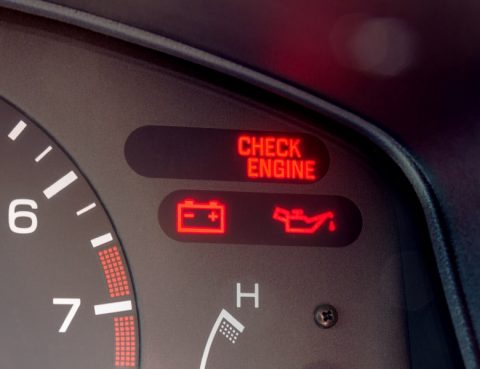
If you do not have a background in car mechanics, it can be tough to diagnose the large multitude of issues that can arise in your vehicle. Paying attention to the many signs and symptoms of a failing vehicle can be tough, and sometimes, there isn’t any obvious signs of an issue like a specific…
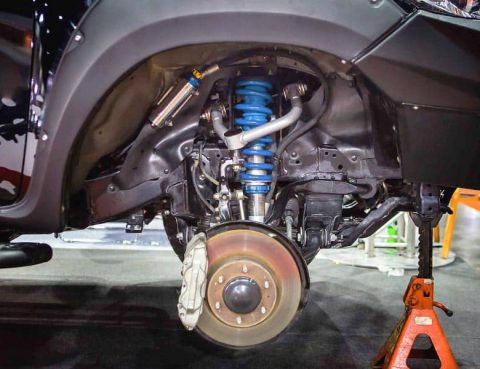
Even the best built-to-last vehicles will undergo a great deal of wear and tear over time. As your suspension system is tasked to support your heavy vehicle going high speeds over imperfectly paved roads, it is no wonder that eventually it begins to wear out. While the most commonly known job for your vehicle’s suspension…

When you hear about someone having their car stolen, it is easy to feel like that kind of thing would never happen to yourself. Unfortunately, the reality is that car theft is a relatively common occurrence with one car being reported stolen, on average, roughly every 49 seconds. Sadly, less than half of those will…
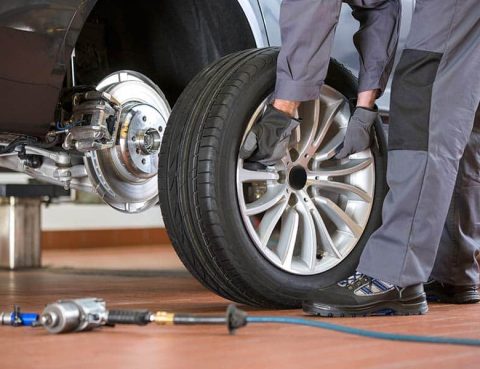
When it comes to your vehicle, it is important to keep track of the wear and tear that is constantly taking place on the many working parts. Your tires are no exception! The tires of your vehicle are made to travel, getting you to and fro, however, if you are running your vehicle on bad…
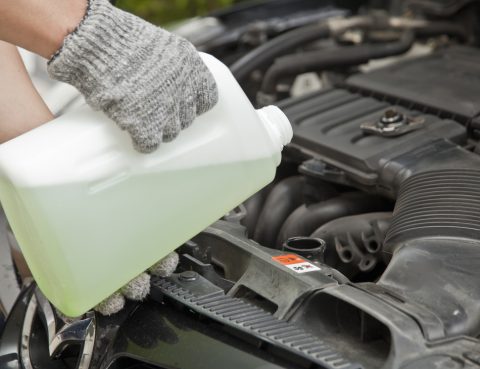
As you use your vehicle to get you and your family safely to and from your obligations, it is constantly working, utilizing many different complex systems to operate properly. As your engine is running and fuel is being pumped to keep everything moving, your radiator has the ever important task of keeping the whole system…

While the summer temperatures are steadily rising, you want your daily drive to and from various destinations to be cool and comfortable. The vehicle is running fine until suddenly you notice an undetectable sound, and then smell of heat. It does not take long to realize that the car is running hot. You begin to…
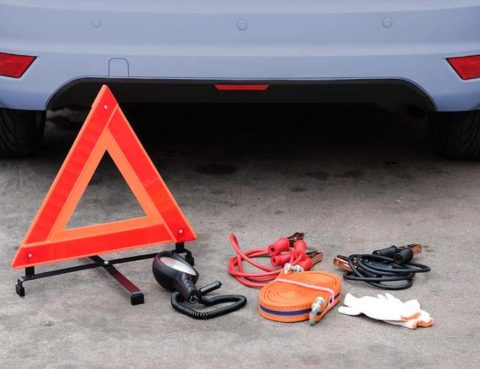
We spend so much time in our vehicles going to and from work, school, and social engagements. This is especially true for parents who often feel like free taxi services! In fact, the average American spends approximately 293 hours driving their vehicles every year. With so much time spent in our cars, it only makes…
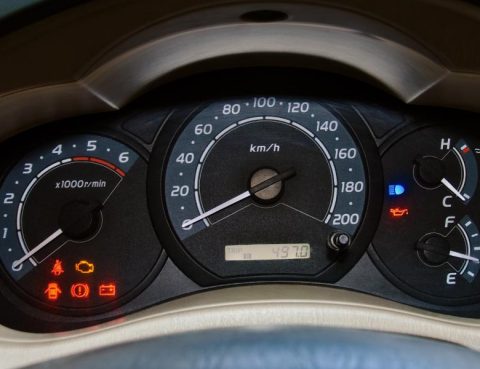
When our cars are working properly, we typically do not even consider how it is working. We depend on our cars to get us to work, school, and social engagements everyday, making our vehicles such an important part of our daily lives. While we do depend on them, most people do not know much about…
